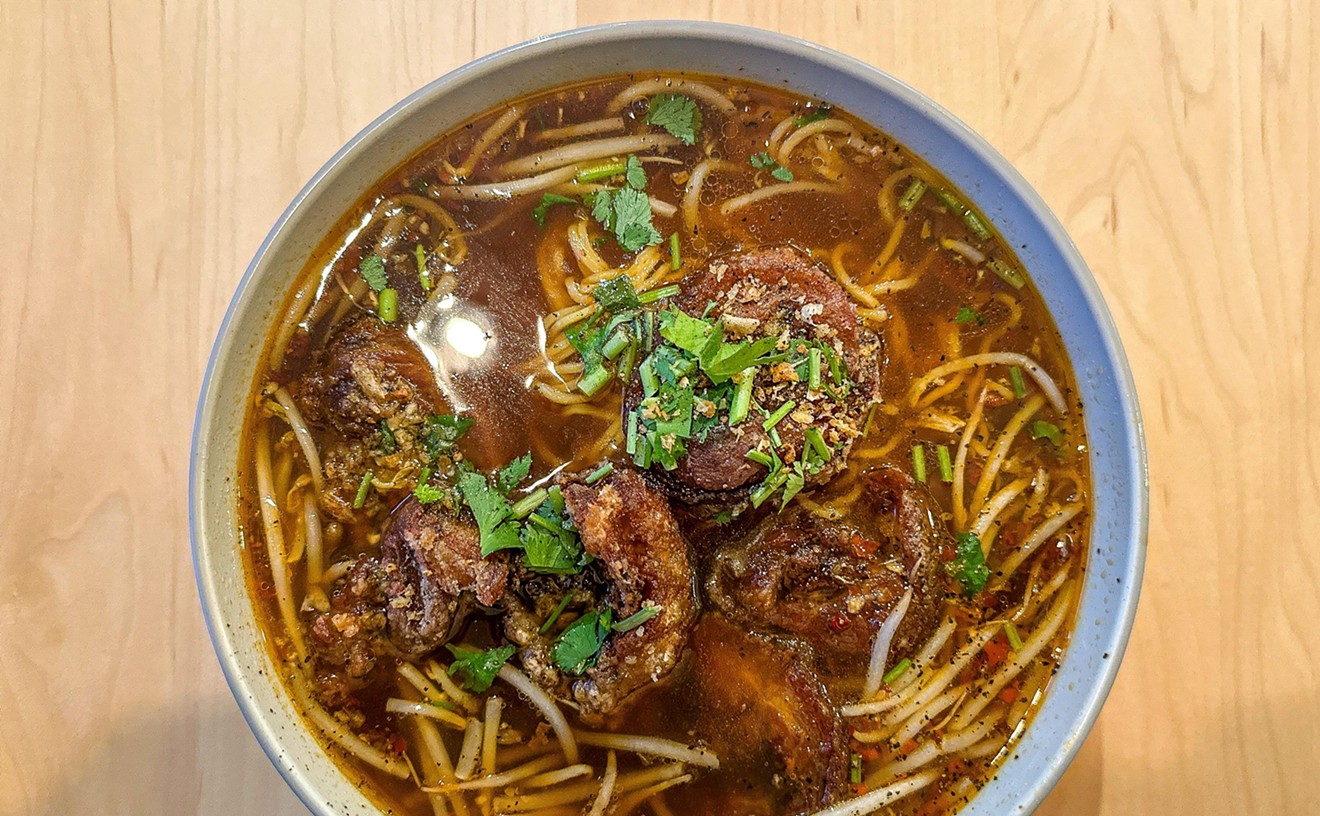Dom Perignon's winemaker was born in a place one doesn't normally associate with fine vintages: Congo.
But Chaperon grew up in a French winemaking family, earned a degree in viticulture and perfected his skills in Pomerol and Sauternes--as well as Chile and other parts of the world--before joining Moet & Chandon in 1999.
He now works alongside Dom Perignon's chef de cave, Richard Geoffroy, in Epernay--in the heart of the Champagne region--overseeing 600 hectares of vineyard and developing, aging and bringing to full expression the most famous of the world's bubbling wines.
Just don't get him started on all those French soccer stars playing in England...
1. How much of Champagne is art and how much is science?
I don't know. For me there are three things that are important: science, art and the knowledge or experience of the winemaker. I have a lot of humility around people who've been around vintages for 20 or 30 years. Because of their experience, we don't have to trust in science, even if it makes a lot of improvements. Really, you have to believe what the expert tells you. Technique alone is good for day to day wine. With great wine, you have to understand intimately the terroir, the climate and how it might affect the wine. Art--that's your sensitivity to the wine. So you use sensitivity, technique and your roots.
2. What's your favorite vintage?
In white or rose? For white, the '73. I think there are stronger vintages, but Dom is more about harmony, and the '73 is a very precise, very sharp wine. It's like surgery on your palate. For rose, the '78. It's just the opposite. It's a kind of bomb--a big, big wine. It's really powerful.
3. So beyond Champagne, do you have a favorite sparkling wine?
I'm not so objective, because for me a good sparkling wine is a lot like Champagne: light, fresh and elegant. I like the Australian and New Zealand sparkling wines. They have a good balance. There's one--Pelorus. Try it blindly. It will surprise you.
4. Does it surprise you that good sparkling wines comes from so many places?
No, because it's like still wine. There is good still wine all over the world. All you need is good soil and a good climate. And you need the expertise.
5. Now, about the cork...
I studied cork for 16 months, both to understand the economic organization of the industry and the technical aspects, how to understand its elasticity. It is fascinating--a natural and therefore inconsistent product. When you are making wine, you can use different stoppers. We have observed that for very long aging, a cork stopper is better. It preserves the freshness better. We don't know why. The cork is alive like the wine. The tannins in the cork react with the wine. It's something we're discovering.
6. The words you guys use to describe wine--how do you come up with that stuff?
You're touching on something very difficult, but very interesting. It's the way we communicate our wine. But it's a problem because Dom is sold in so many different countries. The best way is to taste it with your own senses. But our words are important to guide people who don't know how to express what they are tasting. It's real difficult. For Dom, we selected about ten adjectives to describe our style. There's tension, seamless, intensity, vibrancy, complexity--of course that goes with most wine--rhythm, sensuality. At the end of the day, Dom must be sensual.
7. Does it bother you when people say "Champagne" to refer to sparkling wines?
No. France--the appellation--is fighting hard. But I think no, it doesn't bother me.
8. Why is France such a stickler about such things?
It's important that people understand that Champagne is from Champagne. I think most people respect that.
9. You sail, right? When you're sailing the Mediterranean, do those big yachts annoy you?
No, I'm not like that...well, a little bit. I like silence, what is natural. So, yeah--sometimes. But I'm quite tolerant.
10. How come all the good French football [soccer] players play in Germany and England?
So you want to speak about money? Money is leading the world today. It's good. I like money. But I think it is time to have a new vision. We are talking about the environment, so perhaps it's changing already, this over-consumption.










